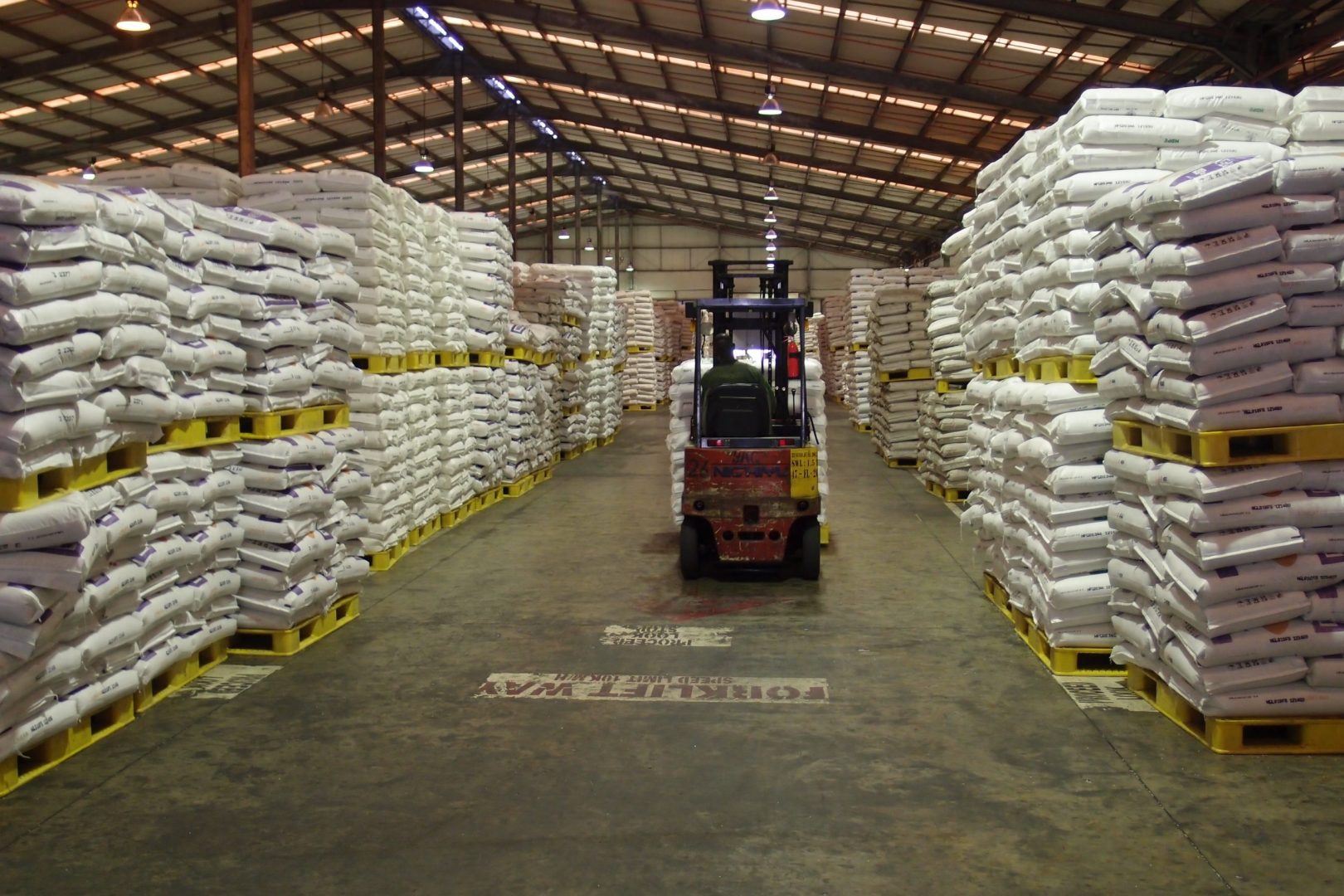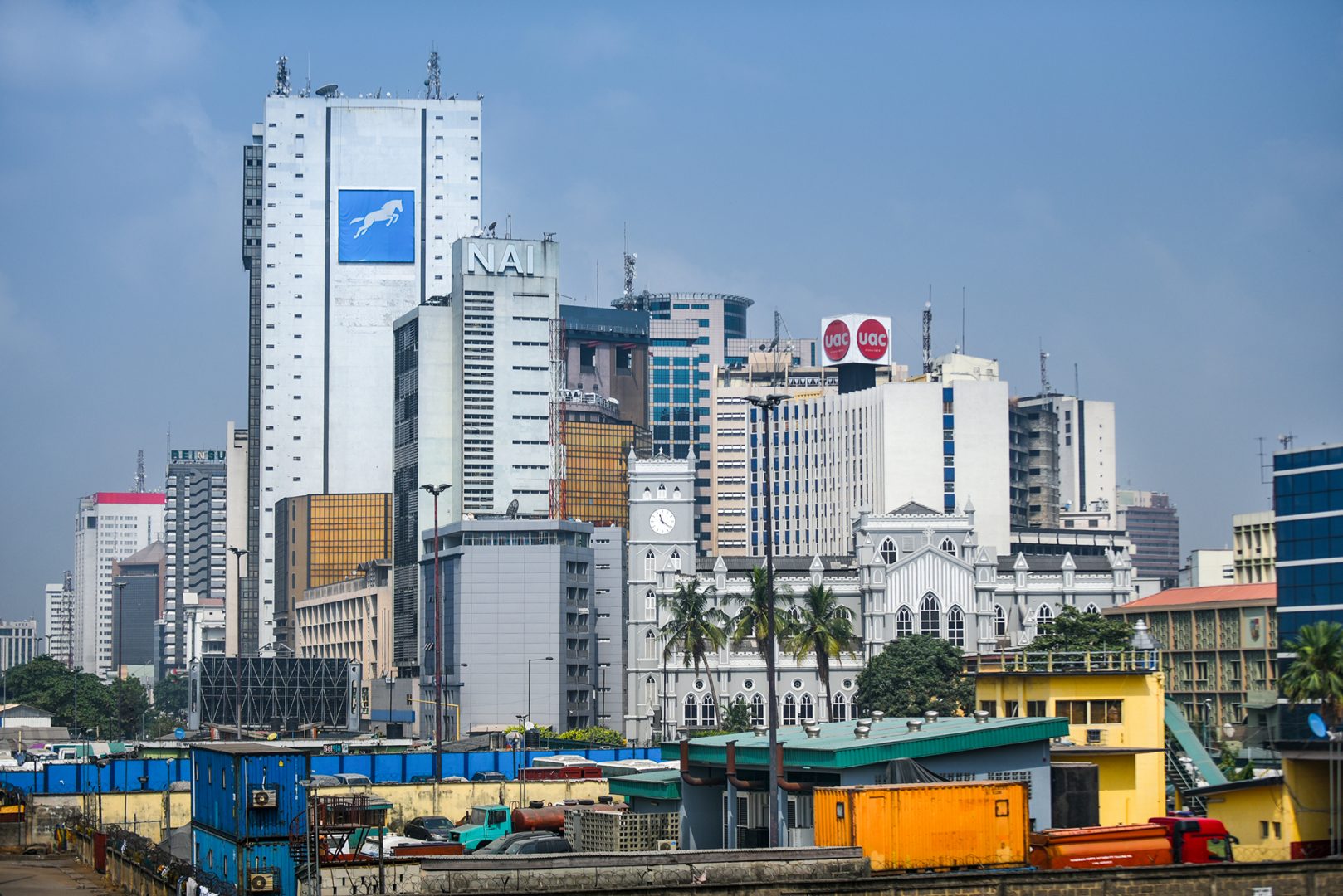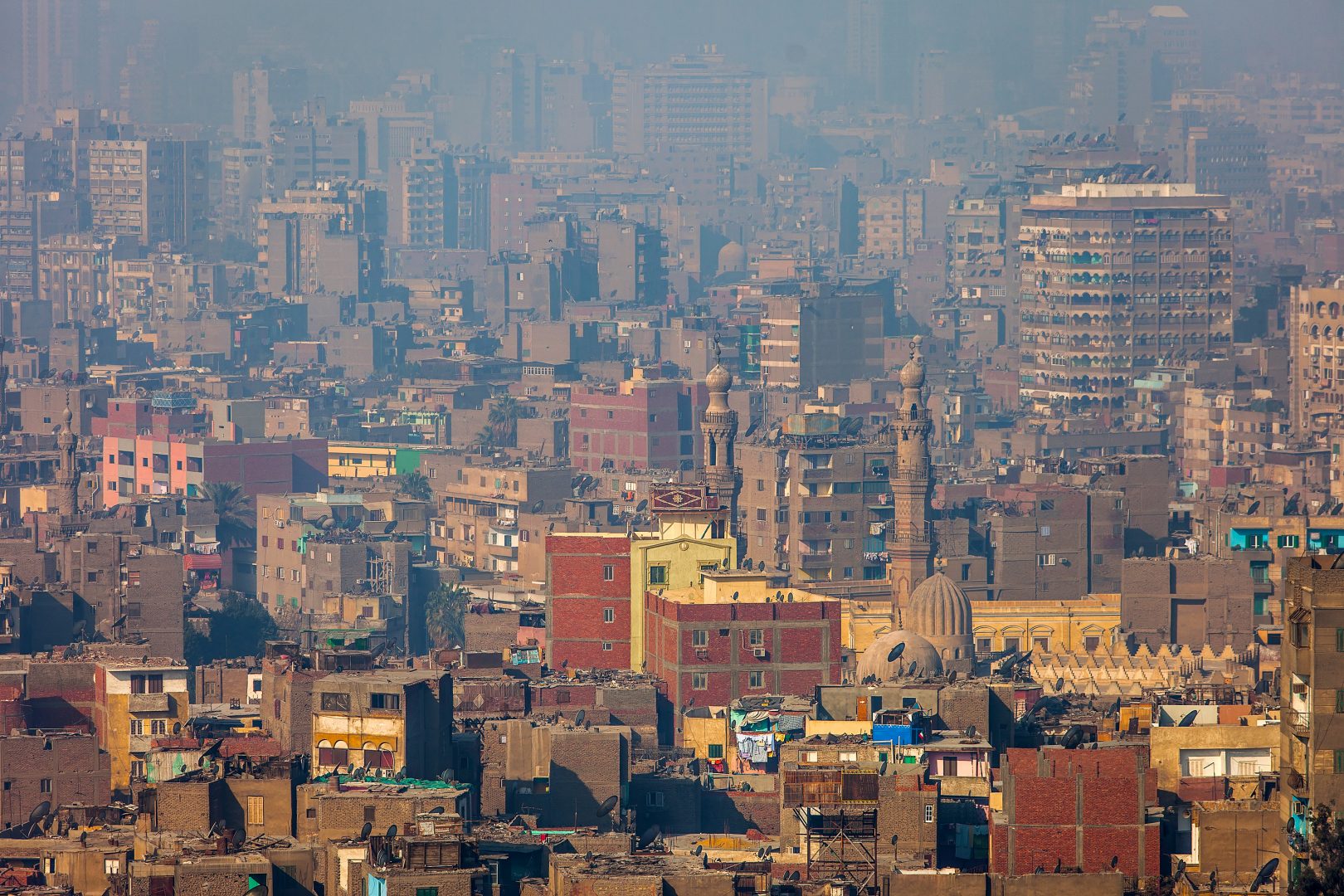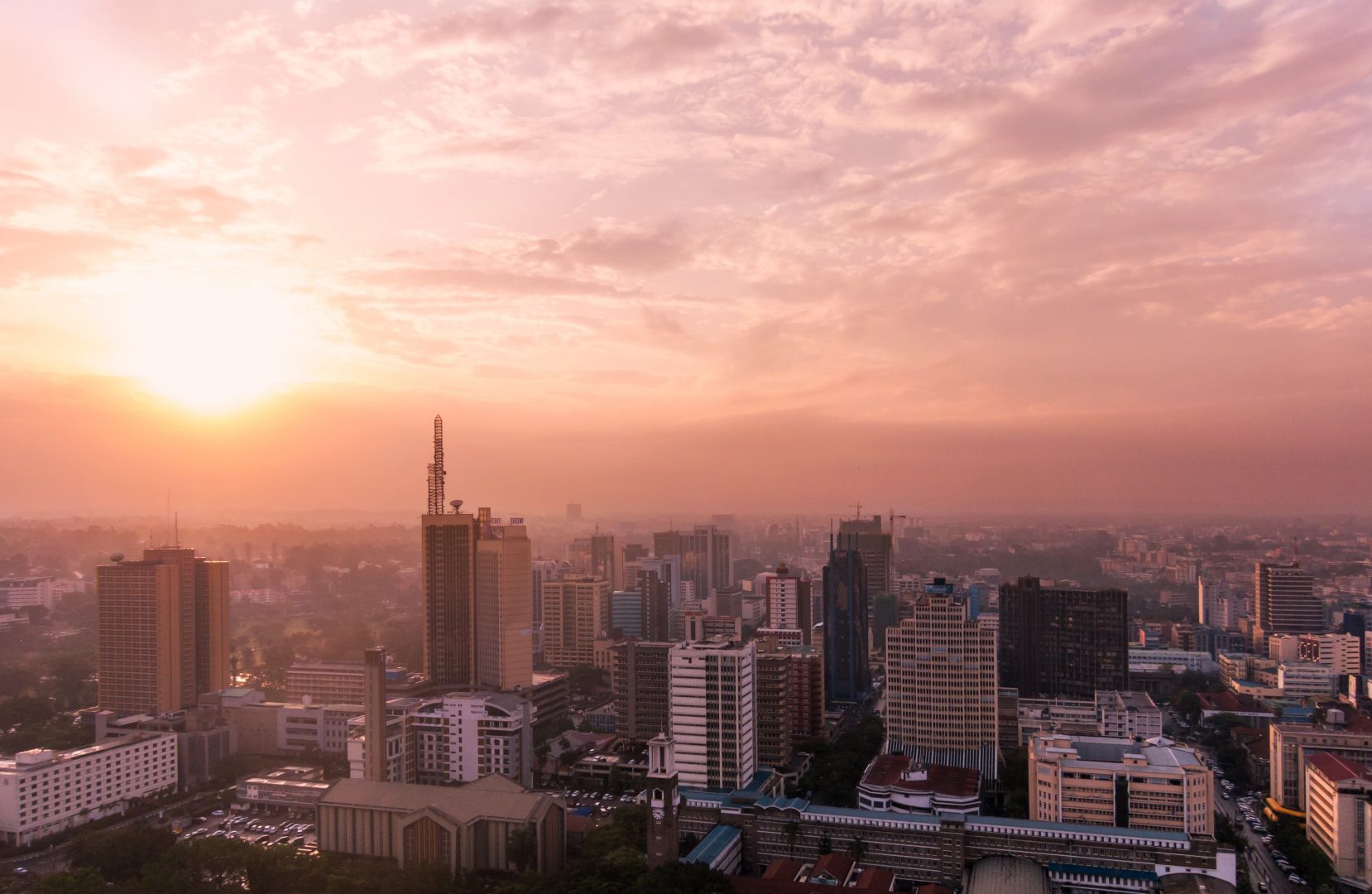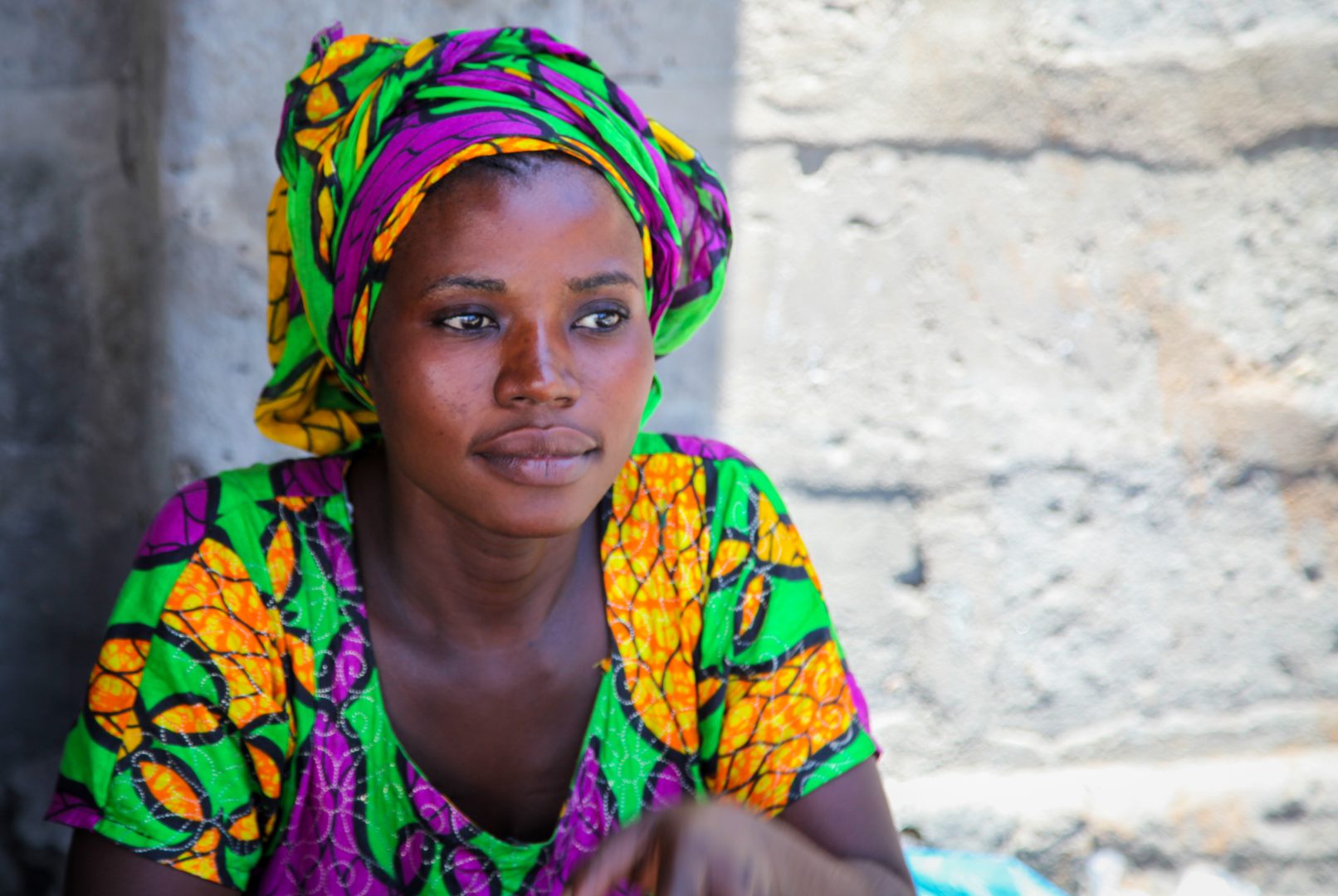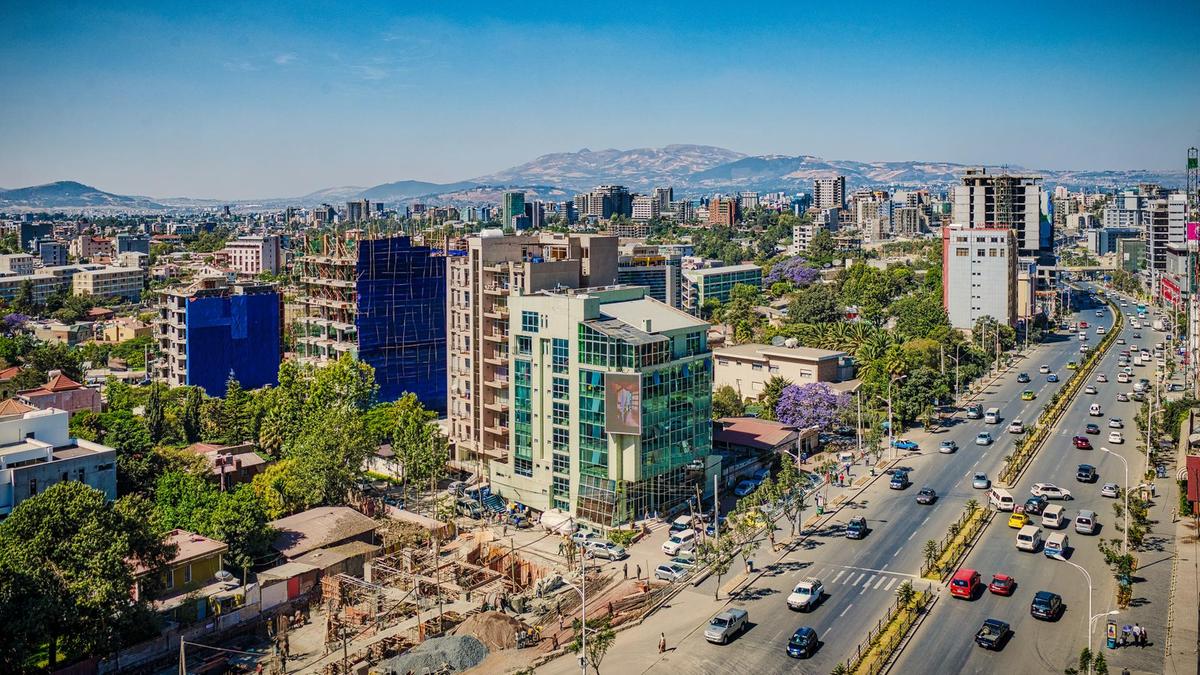 Our Country Director for Nigeria, Benson Adenuga, recently spoke to Marcel Mbamalu from The Guardian Nigeria about our investments in the country, how we’re responding to the pandemic and the likely impact of the African free trade agreement. The full text of the interview is below and you can also read it on The Guardian’s website here.
Our Country Director for Nigeria, Benson Adenuga, recently spoke to Marcel Mbamalu from The Guardian Nigeria about our investments in the country, how we’re responding to the pandemic and the likely impact of the African free trade agreement. The full text of the interview is below and you can also read it on The Guardian’s website here.
The expected Africa’s decade of rising seems to have been truncated. Is there hope for the continent in the nearest future?
Africa is poised to become the world’s largest free trade area by the number of participating countries and a 1.3 billion-person market if African countries fully operationalise the African Continental Free Trade Agreement. This has the potential to lift 30 million people out of extreme poverty and would help accelerate the kinds of policy and trade reforms necessary to enhance long-term growth and create more jobs across the continent. I see this as a major accelerator of growth at a continental level.
I also think we tend to overly focus on the negative headlines. But the statistics tell a different story.
Between 1960 and 2018, life expectancy at birth in sub-Saharan Africa increased from 40 to 61 years – a remarkable feat. Likewise, between 1990 and 2019, under-5 mortality dropped from 178 per 1,000 live births to 75. The private sector has a central role to play in creating sustainable economic transformation, accelerating human development and improving livelihoods. But this is contingent on governments creating the right enabling environments and policies. In Nigeria, challenges around the availability of foreign exchange, poor infrastructure, policy and regulatory uncertainty, and lengthy administrative procedures impact the country’s ease of doing business and deter investment. Addressing these important areas across the continent is a precondition for boosting development.
Africa is the least affected region by Covid-19 in terms of infection cases yet IMF predicted the economic impact would be steeper on the continent? Is this trend reversible?
No region has remained unaffected by the crisis, which has punctured the rapid developmental and economic progress made over the last two decades. The pandemic has pushed the continent into its first recession in 25 years. Many sub-Saharan African countries face difficulties in maintaining macroeconomic stability and providing the basic needs of their populations.
According to the IMF, sub-Saharan Africa faces a funding shortfall of $890 billion through to 2023. While current commitments from international financial institutions and bilateral donors will comprise only one-quarter of the need, the majority of the investment will have to come from private sources. To reverse the loss of development gains and protect and create jobs, Africa will need more (private) investments in key areas such as digitisation, infrastructure, and climate change mitigation and adaptation. Having the right policies in place to improve the ease of business and draw investment is essential in this regard. Lastly, the pandemic has shown us the importance of “building back better” and creating more resilient, inclusive and sustainable societies. We hope to see ESG and other considerations such as climate and gender playing a greater role in private markets and the approach investors take.
CDC is committed to playing its role in helping Africa bounce back from the pandemic. Our long track record on the continent and our approach as a patient investor mean we are the ideal partner for businesses looking for investment to accelerate their growth and improve their operations. I’m confident that DFIs and private sector players will rise to the occasion and invest in Africa’s recovery and long-term growth.
What signal does the fragile fiscal position of Nigeria send to the international market?
Nigeria’s fragile fiscal position is a function of the country’s reliance on the price of oil. The country is experiencing its second recession in five years and international financiers are wary of investing. Our country currently attracts less FDI than Ghana, a country with a population of 30 million. There is much work that needs to be done to restore investor confidence. Nigeria is a nation of enterprise and there is certainly no shortage of promising companies where international investment can accelerate their growth and generate attractive returns.
Nigeria is the gateway to Africa’s market. Yet, the country still loses key investments to less strategic countries? What are the overriding factors?
Nigeria has established itself internationally as a key player on the continent and is West Africa’s financial hub. As Africa’s largest economy, with a strong sense of entrepreneurialism – and a large domestic market with close ties to the broader continent – it is a unique and exciting market, yet suffers from a lack of investment. High inflation, dollar shortages and a complex business environment all affect Nigeria’s ability to attract the investment needed to realise its economic potential. While there are signs of improvement – Nigeria climbed 39 places in the World Bank’s Ease of Doing Business rankings since 2006 – the dollar shortage and power cuts represent major bottlenecks.
Are you worried about investing in Nigeria considering that the economy is in a recession?
Unlike commercial investors who tend to reduce their exposure during crises, DFIs like CDC have a mandate to invest counter-cyclically. Over the last few months, we’ve deepened our investments across the continent, with trade finance commitments expected to reach $500 million while also backing leading fund managers including Helios and AfricInvest. In November, we anchored BlueOrchard’s Covid-19 fund that aims to support 200 million jobs in emerging and frontier markets. With their countercyclical commitments, DFIs are playing a vital role by taking on additional risk as other sources of capital withdraw from the continent. CDC is a longstanding partner of Nigeria and Africa. I’m bullish about their recovery and long-term prospects.
Could you speak on the specific terms of your memoriam of understanding (MoU) with NSIA [Nigeria’s sovereign investment authority]?
The agreement forms part of CDC’s capital partnerships approach and represents our ambition to mobilise capital and deploy it into high-impact sectors across our priority markets, including Nigeria. The strategic investment partnership with NSIA will strengthen our information sharing on prospective projects in Nigeria – and Africa at large – with the ambition to co-invest in critical sectors such as healthcare, agriculture, infrastructure and climate-resilience. The partnership came about after we realised we had invested in several Nigerian private equity funds where NSIA had also committed capital. It made sense to join forces and work more closely together given the similarities in our respective mandates.
Are you able to understand the details of the management of NSIA? Many Nigerians don’t have an idea of how the fund is managed.
NSIA has three separate funds that have different objectives. The Stabilisation Fund aims to provide stabilisation support to the federation in times of economic stress while the Infrastructure Fund focuses on domestic infrastructure projects in toll roads, power, healthcare, agriculture and gas industrialization. The NSIA’s Future Generations Fund invests in a diversified portfolio of asset classes, which include private equity and venture capital, to provide future generations of Nigerians a savings base in the context of declining domestic oil reserves.
Do you think holding a sovereign wealth fund is a smart decision for a country facing the kind of infrastructural challenges Nigeria has faced? Does saving make sense for somebody who may not survive today?
Many nations establish sovereign wealth funds to stabilise the economy in times of need while also putting aside money to diversify the economy and generate wealth for future generations. Concerning the first objective, the government withdrew US$150 million from the Stabilisation Fund in April to address emerging fiscal risks and declining government revenue in the context of Covid-19, thereby providing a critical buffer for the economy.
Looking to the longer term, half (previously 40 per cent) of the NSIA’s assets under management are invested in infrastructure, serving today’s generations as well as tomorrow’s. Some infrastructure investments made by NSIA include the Second Niger Bridge project, which NSIA is co-developing, as well as NSIA’s $10 million investment in the Fund for Agricultural Finance in Nigeria, which invests in high-growth enterprises across the agricultural value chain. Infrastructure – notably power – is a priority sector for CDC in Nigeria, where we are focused on investing in generation, transmission and distribution projects.
CDC recently announced a $75 million commitment to Stanbic IBTC Bank and another facility in the telecoms sector. What informed CDC’s confidence in Nigeria’s market?
CDC is a long-term partner of Nigeria, where we have been investing for over 70 years since our first investments in the agriculture sector. The country is one of the most exciting and innovative hubs in Africa. As such, it is a destination that cannot be ignored by discerning global investors. We have recently made two investments with exposure to Nigeria.
Our US$75 million long-term funding to Stanbic IBTC will enable lending to businesses in critical sub-sectors of the Nigerian economy and give the bank access to much-needed long-term dollar funding. The facility will notably support companies in the manufacturing, food and agriculture sub-sectors. Additionally, our US$40 million pan-continental investment in Liquid Telecom – Africa’s largest independent fibre, data and cloud technology provider – will support the expansion of its data centre business in key markets including Nigeria. This will provide a boost to Nigeria’s leading tech ecosystem, reduce IT-related costs for companies and help narrow the digital divide.
For development finance institutions (DFIs) like CDC, Nigeria’s large and rapidly growing population, combined with structural challenges, endemic poverty and high unemployment, mean that it’s a market where our investments can have a tangible and transformative impact on many people’s livelihoods. Accordingly, we have expanded our local presence and deepened our footprint in Nigeria by opening a Lagos office in 2020, which acts as our West Africa regional hub. Our portfolio of close to 100 Nigerian businesses in a wide range of sectors includes financial services, health, manufacturing, FMCG, and food & agriculture and is worth over US$420 million and collectively supports 38,000 direct jobs.
You are planning a Covid-19 response investment to address liquidity constraint, which interestingly is a major challenge facing Nigeria’s market? What difference will the investment make in the liquidity-starved market?
Our Covid-19 response revolves around three areas: preserve, strengthen, and rebuild. The first pillar consists of providing technical and financial support to our portfolio, while under the third pillar we are committed to investing and helping economies bounce back from the pandemic.
As part of the strengthened pillar, we have injected systemic liquidity via existing partners and intermediaries to strengthen Africa’s financial system. Covid-19 has created severe liquidity pressures for banks and businesses across the continent as international banks have reduced their risk appetite for lending to Africa.
Nigeria’s economy and trade sector have been heavily affected by the re-emergence of foreign exchange shortages driven by the oil price crash, a decline in remittances and reversed investment flows. This means businesses have struggled to secure dollars to conduct international transactions, limiting their ability to import machinery or equipment for their operations or vital goods including medication and food staples.
Over the last few months, we have committed US$375 million in trade finance transactions with leading banks such as Societe Generale, Standard Chartered and Absa. These trade finance facilities allow our partner banks to support supply chains, sustain trade and enable importers to continue operating across the continent, particularly in markets like Nigeria where liquidity is needed. Already, we have seen how this support provides a vital lifeline for many businesses in Nigeria.


